Watch out, world: A ‘Sociatel’ wants to change hostel busines
SINGAPORE — The travel industry has seen several disruptors in the past few years — the biggest undoubtedly being home vacation rental site Airbnb; the exponential growth of the millennial travellers; and the high penetration of mobile use and booking.
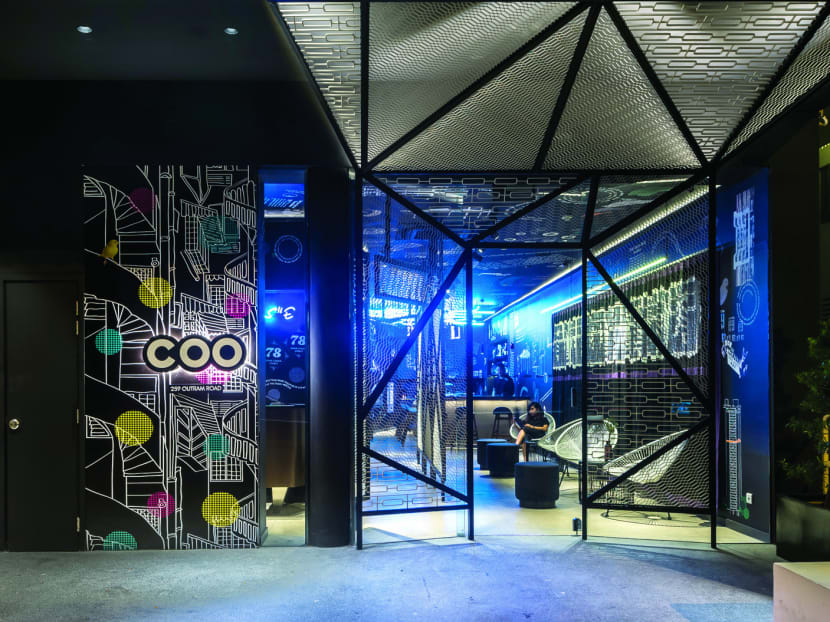
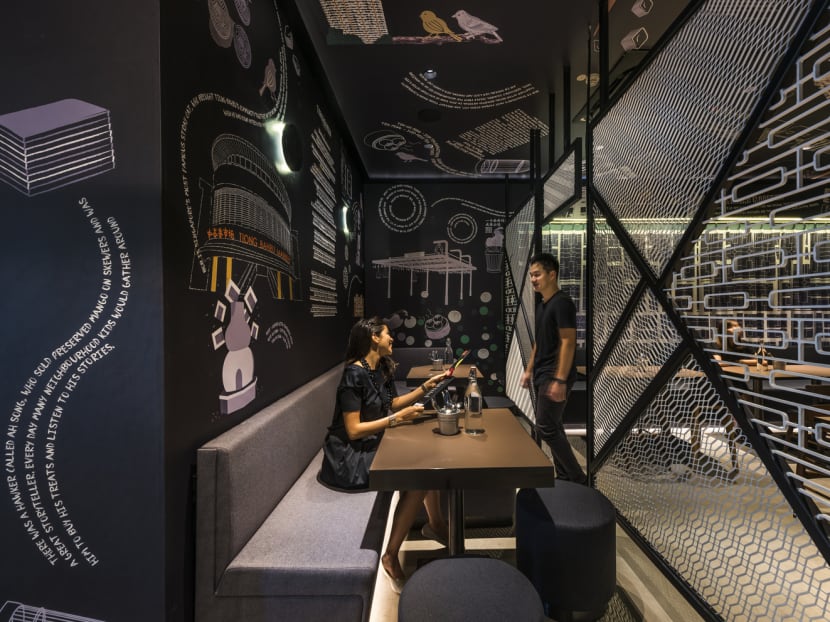
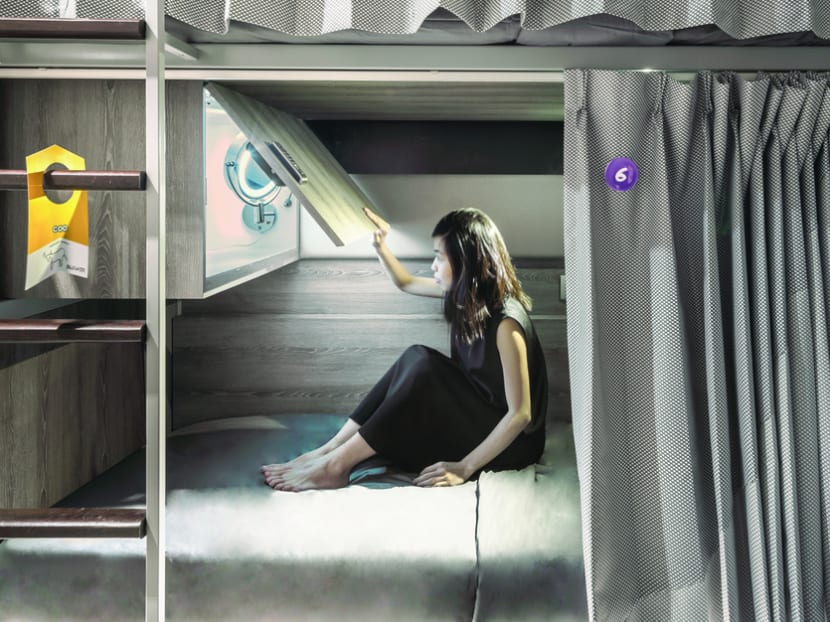
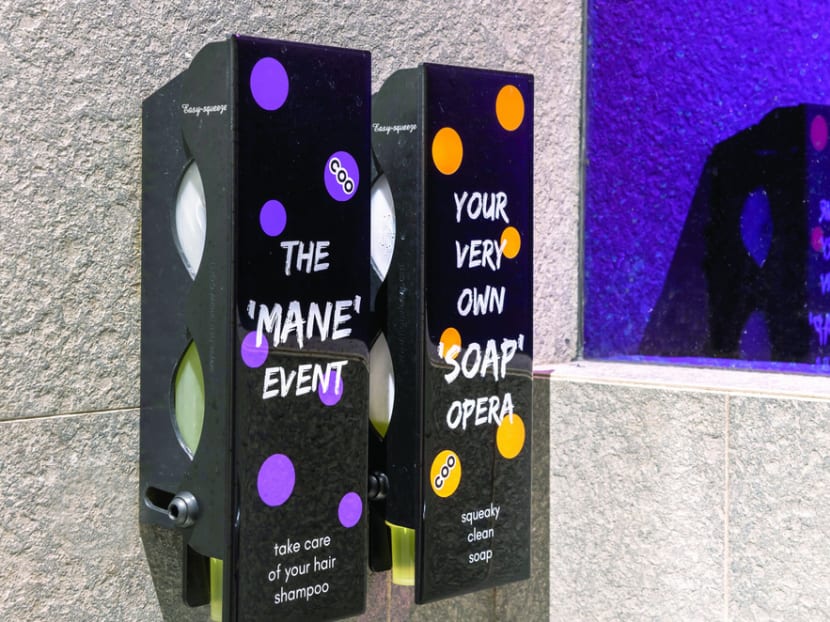
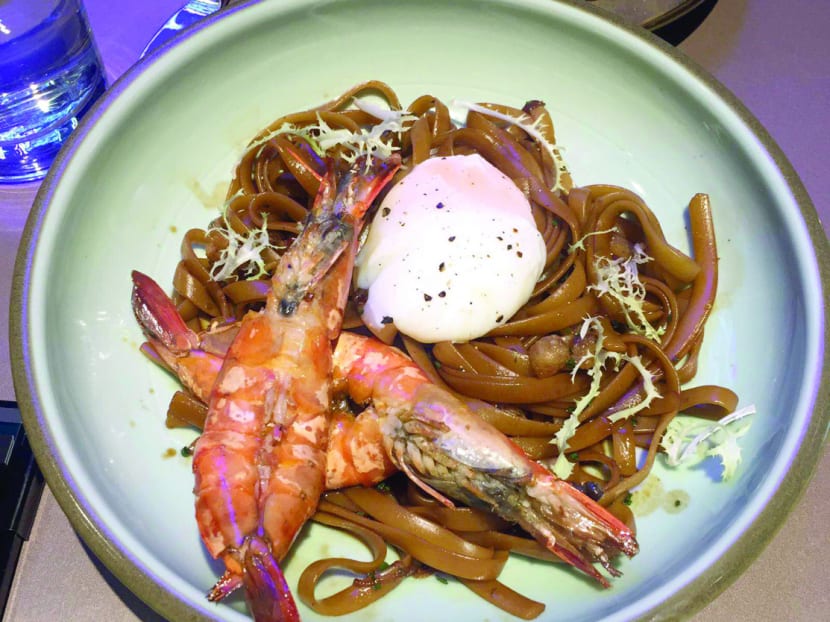
SINGAPORE — The travel industry has seen several disruptors in the past few years — the biggest undoubtedly being home vacation rental site Airbnb; the exponential growth of the millennial travellers; and the high penetration of mobile use and booking.
The hostel sector has evolved by leaps and bounds as well. No longer are hostels the stereotypically dowdy, rowdy budget stays to crash in for the night. They are looking sharper and sexier: In Europe, there are hostels such as The Indepedente in Portugal which had taken over a 19th century mansion and transformed it into a beautiful space; brands such as U Hostel bills itself as a “luxury hostel” (surely an oxymoron in the old days) while the Generator hostels are “design-led hostels”, known for its hip decor and being located in buzzy neighbourhoods — think Canal St Martin’s in Paris.
In Singapore, a new hostel brand has also sprung up — and it is hoping to shake up the hospitality industry. Calling itself Coo, the hostel, which opened about five weeks ago and designed by Ministry of Design’s Colin Seah, is a self-styled “sociatel”.
Nope, it is not offering some ghastly new telco service. Instead, the social factor is key here. Experiences and the space in Coo are designed to facilitate being, well, sociable. There is Coo Connect, possibly the world’s first platform for guests to start chatting and connecting with other like-minded guests who will be at the hostel at the same time. Guests can create a personalised profile, select their interests such as live music or local food and start chatting with other guests upon booking a stay.
“This is really the digital take on the hostel experience of travellers coming from different countries, sharing and bonding over their stories and tips before making plans to even travel together,” said Coo’s founder Silas Lee. “What I love about hostels is how travellers who don’t know one another can meet, talk and then go off to the museum together. I thought, ‘why can’t there be an electronic version of this?’ It’d be useful to facilitate interaction even before arriving in a foreign country — especially since we’re an Asian brand and we understand Asians might be a little more shy when it comes to talking to strangers.”
Coo Connect also goes beyond the e-platform with its programmes the Breakfast Club and Supper Club, which encourage guests with similar interests to sit together and connect over meals at the hostel’s in-house bistro.
STAYING SOCIAL, BEING 'GLOCAL'
Like many hospitality brands currently shelling the local experience, whether it is through staying with locals or incorporating local produce or products in the property, highlighting the local community is part of Coo’s efforts to be “glocal” (global and local). For one, Coo has located itself in the Tiong Bahru neighbourhood, known for its “rich heritage and culture”. It doesn’t hurt, too, that Tiong Bahru has become recognised internationally — it has been declared by British Vogue last year to be one of the 15 coolest neighbourhoods in the world.
Coo has been designed to showcase the neighbourhood, from its wallpaper filled with eye-catching nods to Tiong Bahru’s culture, to the bird corner and Bob the neighbourhood cat (which has its own Facebook page set up by loving residents), and specially made curtains and grills with patterns that reflect Singaporean housing estates.
And being in Tiong Bahru with its myriad of cafes means Coo’s bistro has to stand out. Thankfully, it avoids the cake-and-waffles route with a mod-Sin inspired menu of dishes such as the Tiong Bahru Platter consisting roasted pork belly, grilled chicken satay, salt and pepper barramundi, and mackerel keropok, and Tiong Bahru chwee kueh, a playful panna cotta dessert with candied walnut and balsamic strawberries resembling the savoury rice cakes. A coffee aficionado himself, Lee ensures the java here (from Dutch Colony Coffee Company) is up to standard to lure both local and international third-wave coffee house crowd.
MINISTRY OF HOSPITALITY
This is only the start for Coo as Lee and Seah have big plans for it. Lee, a former banker who spent 25 years in the industry, decided to “take a break and do something different”, he said. After much research, he, along with his wife Winnie, decided hospitality would be it, with the hostel market their focus.
“The millennials travel so differently these days — they want local insights, they want great and richer experiences, and good value after seeing how big corporations can collapse overnight. I want to provide a premium budget hostel experience that is different and caters to their lifestyles,” said Lee.
Coming from a financial background, Lee is well-aware of the potential of growth and scaling. This is why he chose to open Coo under a management model, whereby he approached the owner of The Plot Hostels, which used to sit on Coo’s space, to negotiate a takeover.
“Then I got the best designer in the business!” laughed Lee as he explained how he roped Seah in. “We are really impressed with what Colin has done in his hospitality projects so we gave him a cold call,” added Winnie. “Even the way Ministry of Design presents its works on the website is what we were looking for.
Seah, founder of Ministry of Design, is no stranger to creating cool boutique properties. His firm was behind acclaimed hotels such as New Majestic Hotel in Singapore and Maccalister Mansion in Penang, and he is currently working on W Retreat Phuket.
“The size of this project may be small, but the idea behind Coo is big. I’ve never done anything on this scale where we get to design a holistic hospitality experience and brand. This is a market that has not quite been tapped,” said Seah. “There is so much potential with Coo as a brand — we can go into co-working spaces, have hostels with private rooms and even do some retail with our merchandise.”
Seah is conscious of the fact that hostels in Singapore have become increasingly designer-focused these days, with capsule style and sleek fittings. “This is why we want to go beyond the designer feel to create a community. Consumers are savvier too, they can sense when a property is different from the rest.”
Besides Coo’s sociatel’s concept, Seah has ensured that the dorm rooms (with three eight-bedders; five six-bedders; and two four-bedders) are cosy and restful. Each bed has thick curtains guests can draw for privacy and is equipped with a compact cupboard that doubles up as a safe. These cupboards even open up to thoughtfully reveal mirrors and LED lighting in the all-female dorms.
Lee and Seah are already thinking about having a second Coo in Singapore, but they are not in a hurry as the location has to be right. Expanding to regional cities is also on the cards.
“We named our brand Coo because it’s fun, easy to pronounce, nothing pretentious and can be played around with,” said Lee. “It’s a name we think is pretty international and can travel. We want to do exactly that with it.” Serene Lim
Coo is located at 259 Outram Road. Singapore 169056





